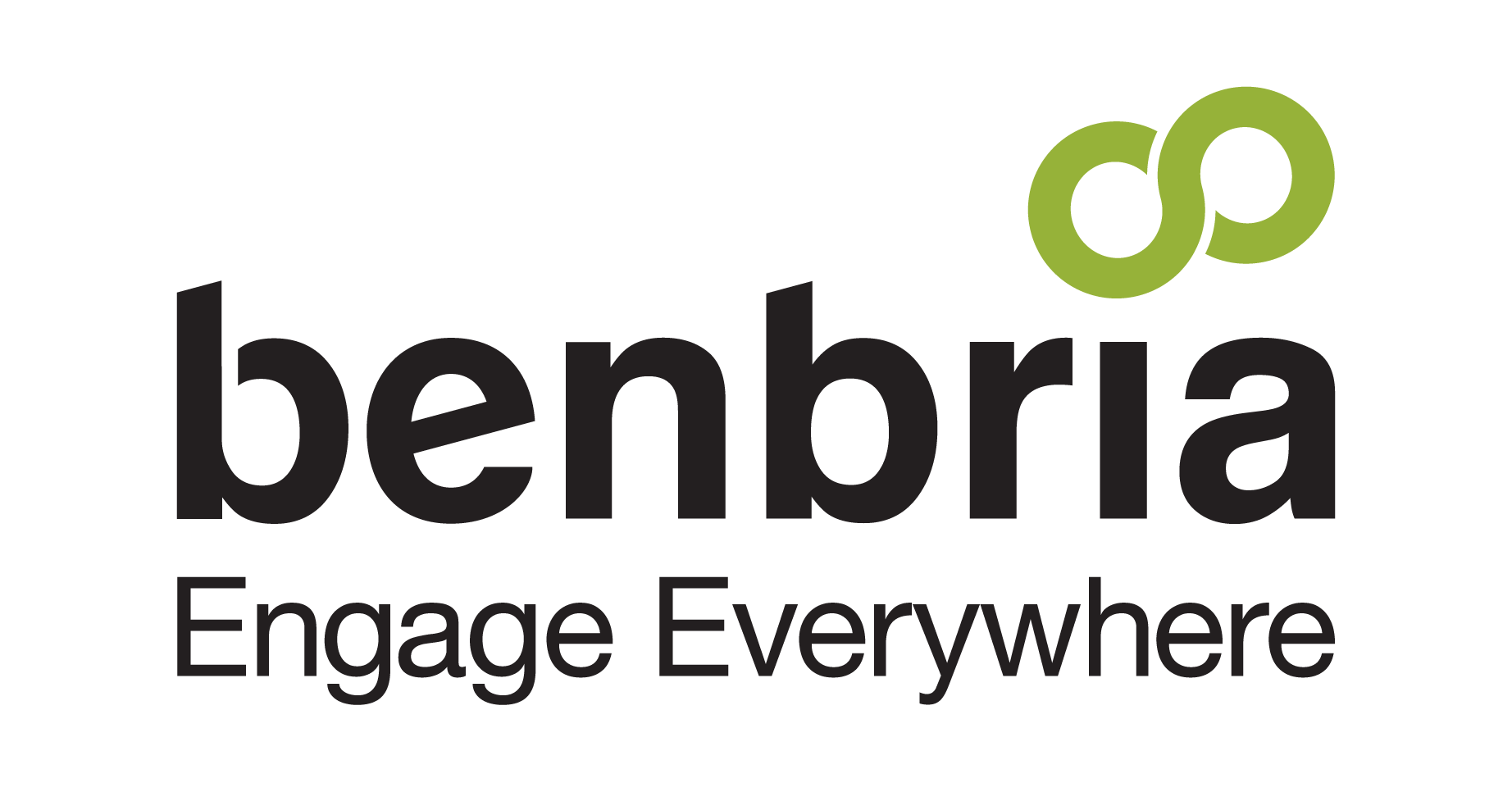Mental health is a complex issue facing higher education campuses. Almost 73% of students living with a mental health condition experienced a mental health crisis on campus, yet 34.2% reported that their college did not know about their crisis. Triggers for these mental health crisis included extreme feelings of anxiety, panic, depression about school and life; difficulty adjusting to a new routine and environment; feelings of homesickness, loneliness and isolation; and stress or overwhelm about course load. A school campus can bring about many of these feelings, with the stress of courses, being away from family and financial pressures. It’s important that higher education institutions not only acknowledge this growing crisis, but act on it for both the mental well-fare of their students campus experience and the success of the university.
The growing number of students who suffer from mental health disorders including depression and anxiety, not only has an effect on the campus experience for the students, but is problematic for institutions since student’s mental health significantly impacts attrition rates.
A National Alliance on Mental Illness survey reported 64% of students who drop out of college do so because of mental health reasons. This means that directly addressing mental health on campus and providing adequate resources to combat these illnesses is essential for student success.
The number of students seeking counselling on campus has significantly increased, reaching staggering numbers that potentially cannot be sustained.
Technology however, can become a pivotal part of the solution, as a way to support students more effectively.
Mental Health on Campus
About 1 in 3 first year college students reported having suffered from mental health disorders in the years leading up to their arrival at college, according to a 2018 study. When looking at mental health as a whole, 75% of lifetime cases of mental health conditions begin by age 24.
This means that by the time most students arrive on campus, there’s a chance that they could experience their first symptoms of mental health disorders. This puts a lot of pressure on institutions to have the resources to equip their student body with the tools they need to manage and overcome symptoms of depression, anxiety, post-traumatic stress disorder and many other mental health issues. By giving students the tools to help improve their mental health, you can improve their overall campus experience.
Counselling on Campus
Counselling services are often offered on campus for free or at low-cost to students. However, with increasing numbers of students seeking help, resources could be stretched.
The American Psychiatric Association (APA) reports that only approximately 35 percent of students with a
mood disorder received mental health services in the previous year. 97% of surveyed four-year colleges reported having waiting lists that spanned a couple days to over a month depending on the time of year. In a time of crisis, having to wait over a month to see a professional can be devastating.
The time when you can reach a mental health professional is also important. It was reported that only 24% of campus mental health centers offer services outside of normal 8AM-5PM hours, 5 days a week. It’s not often a mental health crisis happens during business hours, so finding a way to support those students through the evening and night, as well as on the weekends, is important to ensuring effective student support.
The demand for mental health services and support in community colleges is expected to increase in the next several years. With the increase in enrolment alone, there is justification to enhance the mental health services and support available on campus.
Getting the Right Support at the Right Time
In a 2011 American College Health Association report, students cited depression and anxiety as among the top impediments to academic performance.
Whether the trigger is feelings of loneliness, stress of course-load or financial pressures, having the right support for students is essential to their academic success.
Offering real-time engagement on the channel of their choice can encourage students to reach out when they are having a difficult time. Whether they prefer to engage through SMS, WhatsApp or Facebook messenger, having tools lined up to allow them to engage in real time is a critical tool to support students when they need it most.
Bridging the Gap with Technology
A mental health crisis requires timely intervention, and likely the event won’t occur during normal office hours.
Since it’s not realistic to have someone on campus 24/7 to support mental health, this is where the use of technology can come in handy. Using real-time messaging, students can have access to a professional who understands the campus, students and the pressures they are experiencing to help with crisis management.
Students can feel comfortable reaching out by engaging on the platform they are most comfortable with. Using the Loop Messaging, all engagements are curated and routed to the right member for the team for quick follow-up. So whether the original message comes in through SMS, Email, Facebook Messenger or WhatApps, get full visibility through the Loop Inbox and be able to respond and engage quickly.
Mental health is a sensitive topic, so having the ability to respond and engage quickly will ensure that students feel supported on campus.
By leveraging technology, you can offer more services without adding an impact to your operations team and budget. Using automations, such as Chatbots and Routing Rules, to engage with messages you can set up workflows that can increase efficiencies in campus operations.
Want to Learn More About Implementing a Real-Time Messaging Solution on Your Campus? Get in Touch a Specialists Today.




